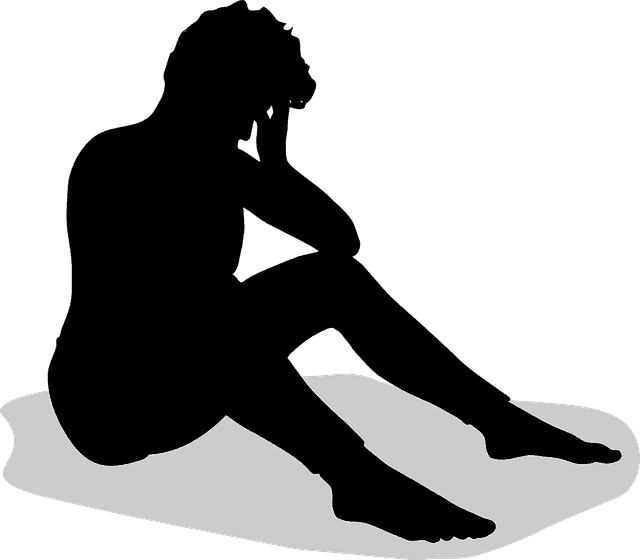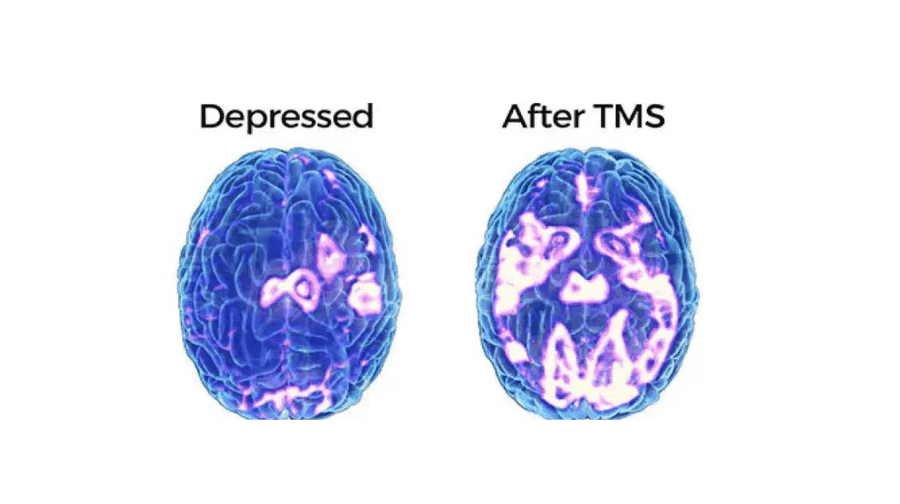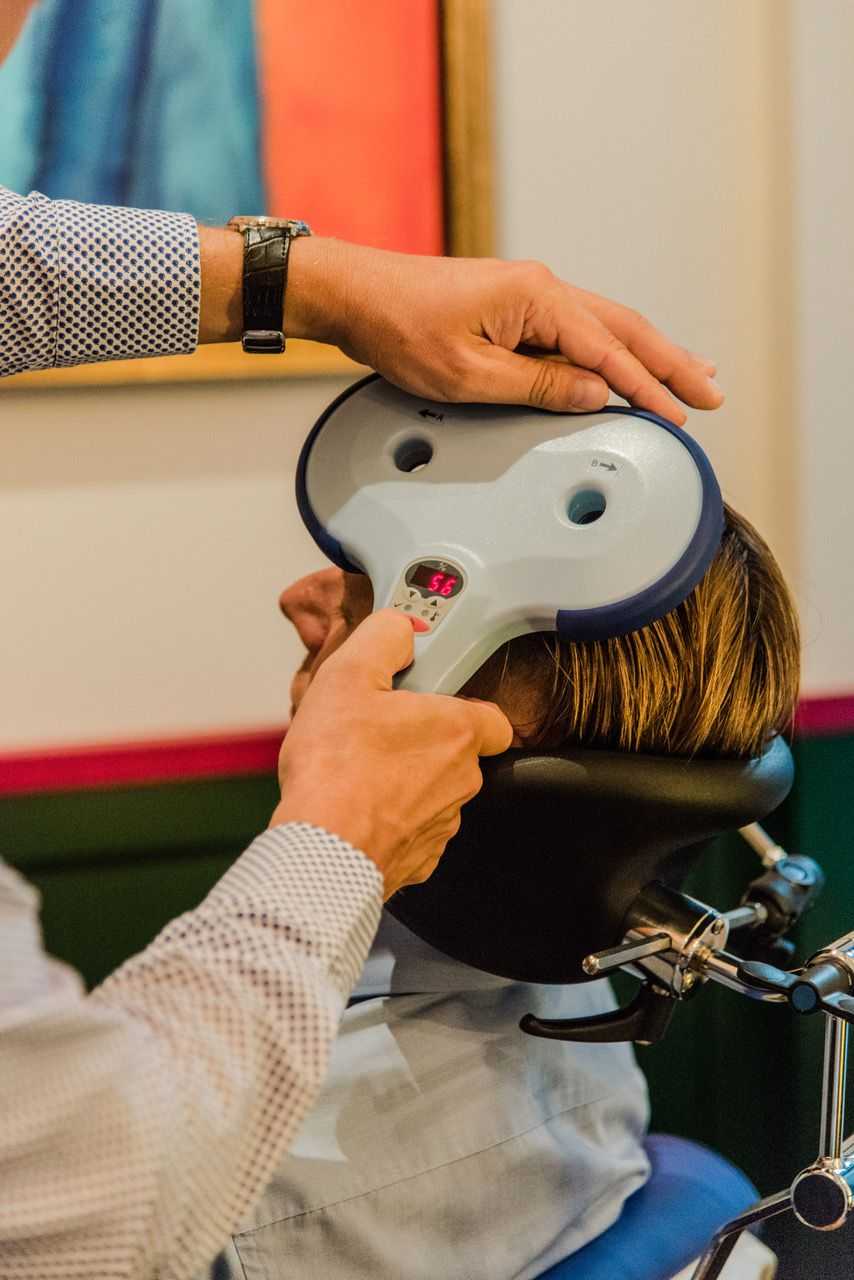The STAR*D (Sequenced Treatment Alternatives to Relieve Depression) study was the most extensive study ever conducted on treating treatment-resistant depression. The study aimed to identify effective treatments for people suffering from depression who did not respond to standard antidepressant therapies. The results of the STAR*D study showed that each successive trial of antidepressant treatment is less effective than the previous one (27%, 21%, 16%, and 6%, respectively). The fifth and subsequent attempts to start antidepressants give only less than a 5% chance of cure. In this case, it is worth using biological treatment, such as transcranial magnetic stimulation (rTMS), which, depending on the protocol used, leads to a cure in 55% to 80% of patients. In January 2023, the first scientific evidence was published for the effectiveness of another brain neurostimulation technique in treating mood disorders, namely transcranial impulse stimulation (TPS). This method, by a result of the so-called mechanotransduction and stimulating neoangiogenesis, normalizes the malfunctioning prefrontal cortex, which translates into an antidepressant effect.


